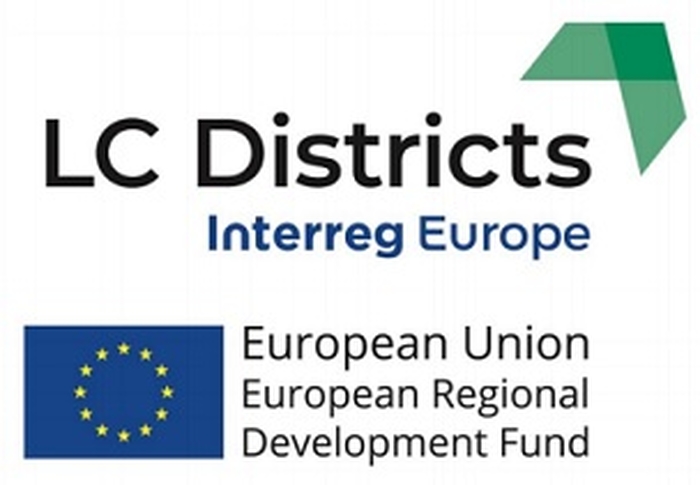25. 9. 2019
LC DISTRICTS – Towards low carbon city districts through the improvement of regional policies
Energy performance in this sector can be drastically improved through different measures, however measures should be implemented in a coordinated and holistic way, taking into account all aspects involved in the achievement of the low-carbon economy in order for them to go hand in hand with sustainable development strategies at the overall municipality/district.
The overall objective of LC Districts is to improve regional development policies and programmes in the areas of building renovation and construction of energy efficient buildings, creation and renovation of district heating and other urban renovation actions, in order to facilitate the transition to low-carbon districts and municipalities. The interregional learning process will take place around three thematic areas:
i) information and assessment methodologies and services for the design and implementation of low-carbon districts and municipalities;
ii) information and assessment structures at the municipality and district level;
iii) policies and programmes governance and management.
The main outputs of the project will be: Method Guide, Diagnosis reports of the regional building, district heating and urban renovation sectors, Good Practice Guide, Policy Road Map, Regional Policy Briefs and Regional Action Plans with recommendations for integration into RIS3. Stakeholders benefiting from the project will be all actors in the construction, housing renovation, district heating and urban renovation sectors at the regional, national and EU level: regional, national and multinational industrial and service companies, industry associations and federations, clusters, SME specific associations, universities and RTOs, national, regional and local representatives of construction and housing authorities (ROP MA).

